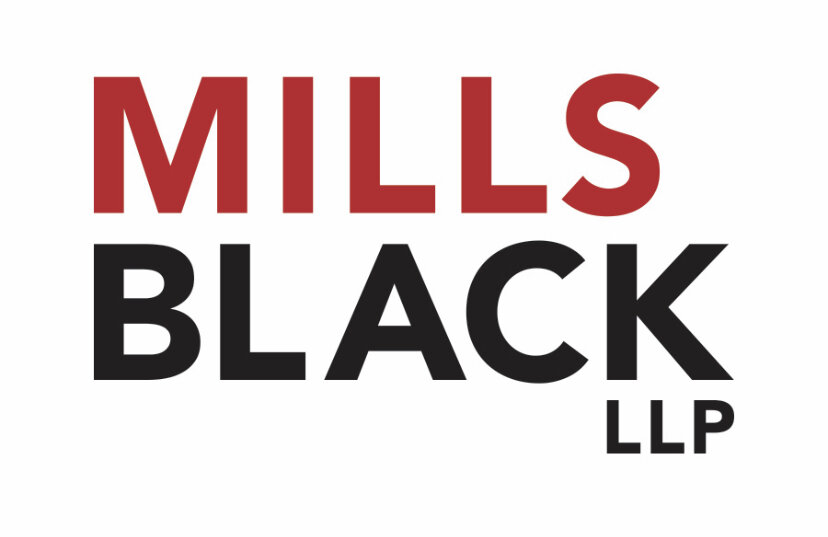Deputy Attorney General Announces US DOJ Focus on Corporate Crime
On October 28, 2021, the U.S. Department of Justice’s Deputy Attorney General Lisa Monaco announced several key updates to DOJ’s approach to corporate criminal prosecutions. The full speech is available here. While addressed to corporate prosecutions generally, the points noted below will apply to companies facing DOJ investigations for alleged MARPOL compliance violations, such as failures to maintain oil record books or unlawful bypasses in the discharge of oily wastes.
Her comments explained that the DOJ will be “reinforcing” its commitment to prosecute corporate crimes. She emphasized several key points for companies:
DOJ considers itself to have a responsibility to incentivize responsible corporate citizenship, a culture of compliance, and a sense of accountability
Corporate culture matters, and companies need to actively review their compliance programs to ensure they adequately monitor for and remediate misconduct. A corporate culture that fails to hold individuals accountable, or fails to invest in compliance — or worse, that thumbs its nose at compliance — will produce bad results if the company comes under government investigation.
Companies that become subject to government investigation will become subject to a review of their entire compliance record, including criminal, civil and regulatory records, across all aspects of corporate citizenship.
Companies that seek credit for cooperation with the government will be required to identify all persons involved in the alleged misconduct, regardless of position and level of involvement, and will be required to produce all non-privileged information about those persons’ involvement – meaning all company information except for attorney-client communications.
DOJ plans to surge resources to prosecutors for corporate enforcement actions.
Data analytics will play a larger role in corporate criminal investigations.
DOJ has renewed its interest in selecting qualified, independent monitors to oversee corporate compliance with the terms of compliance programs.
The foregoing are only starting points, as the current DOJ administration intends to focus on better addressing corporate crime.
Deputy Attorney General Monaco advised that those points will be reflected in updates to the U.S. Justice Manual’s “Principles of Federal Prosecution of Business Organizations.”
Companies involved in the ownership or operation of vessels trading to U.S. waters would be well-advised to be aware of the renewed DOJ interest in enforcement actions against corporate entities. Companies should review their corporate compliance programs to ensure that the programs meet industry standards and governmental expectations. Companies should further assess whether those programs are actually effective in creating and maintaining a compliance culture, through audits, surveys, or otherwise. Companies should also carry out training to make sure that all personnel, from the Board Room to the Engine Rooms, are aware of their responsibilities for compliance, and their personal exposure for company violations.
Companies that have successfully resolved MARPOL violations by employees have done so by showing zealous, effective compliance programs that include clear policies, specific assignments of responsibility, extensive training, regular audits and assessments, and accountability for all personnel. In view of the recent announcement by DOJ, the importance of such pro-active measures will be even greater going forward.
